Organizational Ethics and Its Role in Dealing with Work Stresses of the Working Staffs in the Directorate of Education at AL-Karkh the Second from Their Point of View
محتوى المقالة الرئيسي
الملخص
Institutions play a major role in the positive and negative impact on employees, as chronic work stress is an important contributor to the poor well-being of employees, as it suffers from nearly the majority of the workforce in the world, due to its impact on the reputation of the institution, its operations and its relationship with its customers, and that one of the reasons for the emergence of cases of stress The workplace is the ethical behavior of employees.
So, the research aims to: building a measure of organizational ethics in DEK2nd from the point of view of its cadres. Building a measure of the work stresses of working in DEK2nd from their point of view. Identifying the level of organizational ethics practice in DEK2nd from the point of view of its cadres. Identifying the level of work stresses facing the working staffs in DEK2nd from their point of view. Identifying the level of work stresses facing the working staffs in DEK2nd from their point of view.
The researcher used the descriptive approach using both survey and correlation methods, the research community included (275) employees from the working staffs in DEK2nd, The sample of the exploratory study, the preparation sample, and the application sample were chosen randomly, with (5, 162, and 108) employees, respectively, in order to collect information, a measure of organizational ethics was built, and the researcher also built a measure of job pressures, And then they were applied after the scientific conditions were met them. The data were processed statistically, using the arithmetic mean, percentage, simple correlation coefficient, Alpha chronbach coefficient, and simple and gradual linear regression equations. The researcher concluded several direct ones:The researchers verified the effectiveness of the organizational ethics scale in DEK2nd from the point of view of its staff, after reaching its preparation according to scientific procedures. The researchers verified the effectiveness of the work stress scale in DEK2nd from the point of view of its staff, after reaching its preparation according to scientific procedures. The Directorate of Education at AL-Karkh the second has an average level of organizational ethics from the point of view of its staff. The staff of DEK2nd have a medium level of working stress from their point of view.
تفاصيل المقالة

هذا العمل مرخص بموجب Creative Commons Attribution-NonCommercial 4.0 International License.
المراجع
Al-Houri, U. S., & Al-Nama, W. K. (2021). Administrative Performance in Sports Institutions. In Dar Ibn Al-Atheer for Printing and Publishing: Vol. 1st Editio.
Al-Kawaz, U. G., & Al-Ashraifi, R. A. (2021). An advanced look at sports management. In Notebook for printing and reproduction.
Ambia, A. N., & Sujarwoto, N. I. (2018). Work Stress (Causes, Impacts and Solutions): A Case Study on the Net. Yogyakarta Employees. Rjoas, 4(April), 33–39.
Chandola, T. (2010). Stress at Work- A report prepared for the British Academy. In the British Academy (pp. 1–104). http://www.britac.ac.uk/sites/default/files/Stress at Work.pdf
Fobel, P. (2019). Organizational Ethics as a Theoretical and Practical Initiative. Scientific Papers of Silesian University of Technology. Organization and Management Series, 2019(141), 77–84. https://doi.org/10.29119/1641-3466.2019.141.6
Ingram, T. N., LaForge, R. W., & Schwepker, C. H., J. (2011). Addressing job stress in the salesforce. In In K. Le Meunier- Fitzhugh, N. Piercy, & D. W. Cravens (Eds.). The Oxford handbook of sales management and sales strategy. https://doi.org/10.1093/oxfordhb/9780199569458.003.0010
Lozano, J. M. (2003). An Approach to Organizational Ethics. Ethical Perspectives, 10(1), 46–65. https://doi.org/10.2143/ep.10.1.503870
Panigrahi, A. (2018). Managing stress at workplace. Journal of Management Research and Analysis, 3(4), 154–160. https://doi.org/10.18231/2394-2770.2016.0001
Shapira-Lishchinsky, O., & Rosenblatt, Z. (2009). Perceptions of Organizational Ethics as Predictors of Work Absence: A Test of Alternative Absence Measures. Journal of Business Ethics, 88, 717–734. https://doi.org/10.1007/s10551-008-9977-8
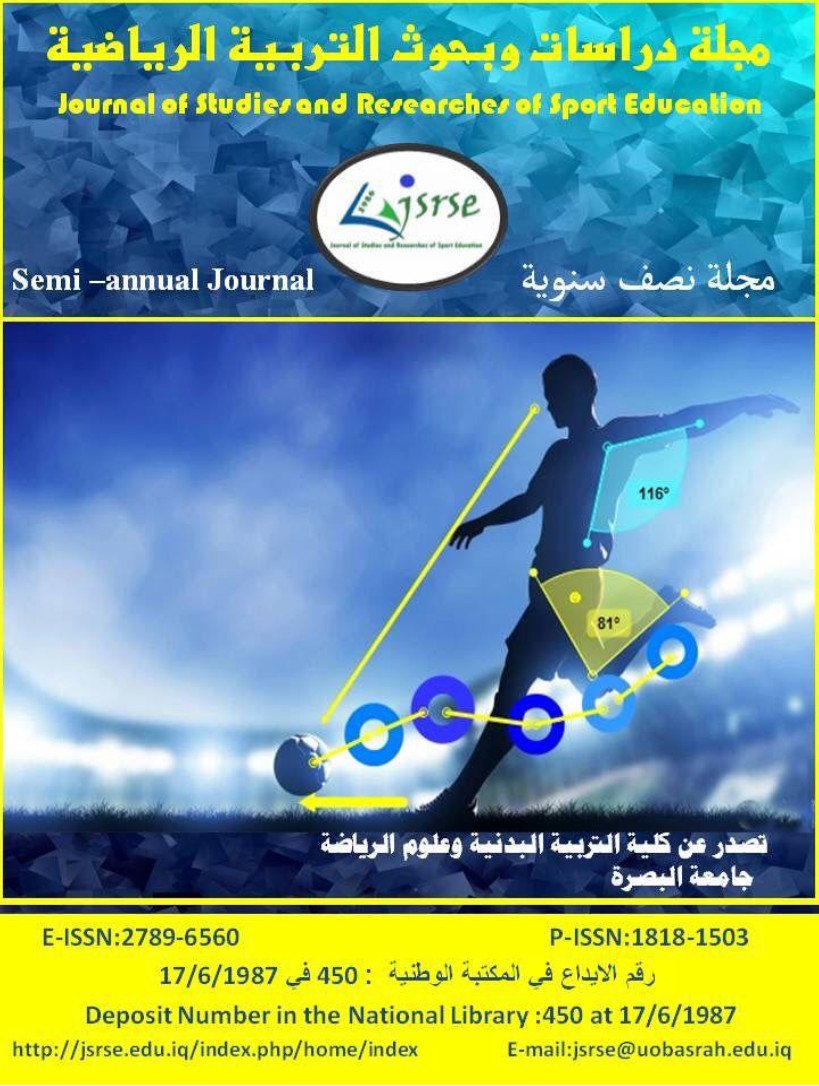




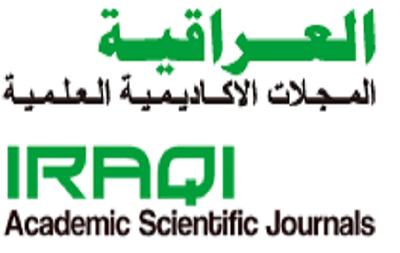 IASJ
IASJ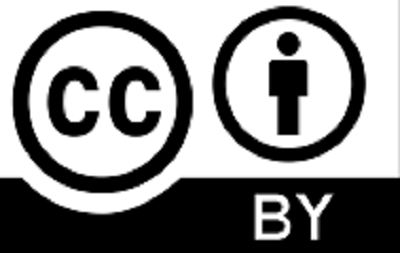 CC-BY-4.0
CC-BY-4.0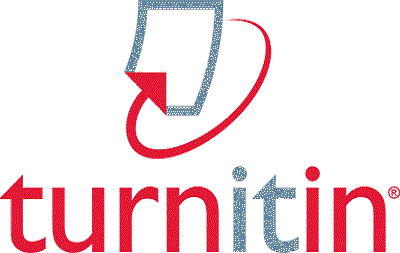 turnitin
turnitin ISSN
ISSN DOAJ
DOAJ Crossref
Crossref GoogleScholar
GoogleScholar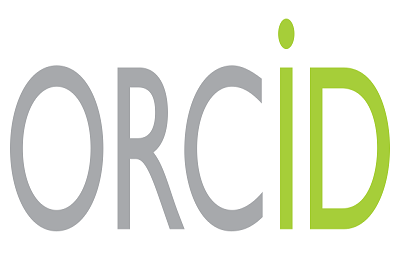 Orcid
Orcid